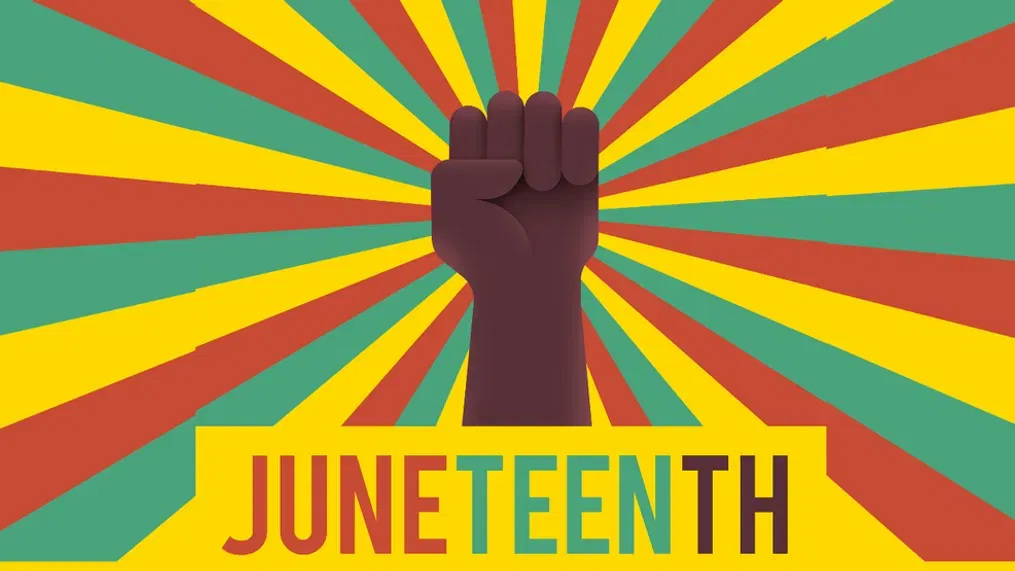Black Women Struggling with Depression are Open to Utilizing Mobile Health Apps.

A recent survey indicates that Black women experiencing depression are receptive to incorporating mobile technology into their mental health care. Additionally, the research revealed that patients displayed a more positive outlook regarding the utilization of voice and video calls as opposed to text messaging or mobile applications. These findings have been published in the Journal of Medical Internet Research.
Depression affects Black women in the United States at a notably high rate, as earlier reports have estimated that over a quarter (27%) of non-Hispanic Black women will encounter depression at some point in their lives. The researchers pointed out that numerous factors contribute to the heightened risk of depression within this demographic, including low socioeconomic status, experiences of racial and gender discrimination, cardiometabolic conditions, and the presence of various intricate life challenges.
Individuals dealing with mental health issues often confront obstacles to seeking care, such as stigma, as well as concerns related to health insurance, distrust of healthcare providers, and limited health literacy, the study authors emphasized.
The authors suggested that certain impediments can be alleviated by leveraging digital health innovations, including telephone calls and text messaging. These technologies, for example, can obviate the necessity for travel and might offer a more cost-effective solution, according to the researchers.
Considering the substantial rate of smartphone ownership among Black women, which stands at approximately 80%, it appears that the technology is readily available. Additionally, patients in general seem to be growing more at ease with incorporating mobile technology into their healthcare, the authors noted.
However, the authors pointed out that a significant portion of the current literature concerning the utilization of mobile health (mHealth) technology for depression management predominantly comprises studies with White participants.
“As a result,” they stated, “the findings may not be applicable to all racial groups. Additional investigation into the application of mobile technology for delivering mental health support and services to Black American women is imperative.”
The researchers developed an online questionnaire and extended invitations to women aged 18 and above who self-identified as Black, African American, or multiracial (Black or African American combined with another race) to participate in the survey. This questionnaire comprised screening questions intended to detect signs of depression.
Within the specified survey period, spanning from October 2019 to January 2020, a total of 395 individuals completed the survey, with only four participants reporting not owning a mobile phone.
The survey findings indicated that respondents expressed the highest level of comfort with using voice calls, followed by video calls, mobile apps, and SMS text messaging as means of communication with a professional for assistance in managing depression,” the authors reported.
Approximately seven out of ten participants (70%) expressed their willingness to use voice calls for depression management, while nearly two-thirds (64.3%) stated their inclination to use video calls for the same purpose. As for both SMS text messaging and mobile app utilization, the acceptance rates were 45.1%.
The researchers identified several factors that influenced a participant’s readiness to embrace mobile health methods. Those with a stronger inclination to seek help were significantly more inclined to endorse voice and video calls as a treatment choice, although this trend did not apply to text messages and app utilization. Individuals with moderate to severe symptoms exhibited a 43% higher likelihood of utilizing mobile apps, but this pattern did not extend to other treatment approaches.
Regarding their reservations about using these technologies, respondents cited concerns about privacy, the potential for message misinterpretation, and the impersonal nature associated with communication through devices as their primary apprehensions, as outlined by the authors.
The researchers pointed out that the survey took place shortly before the onset of the COVID-19 pandemic. They indicated that the swift growth of digital health technologies prompted by the pandemic was expected to enhance the availability of mHealth solutions for Black women.
“Nonetheless,” they emphasized, “future engagement approaches should prioritize the dissemination of information, the establishment of trust, and the provision of readily accessible and cost-effective culturally pertinent choices for mental health assistance.”



